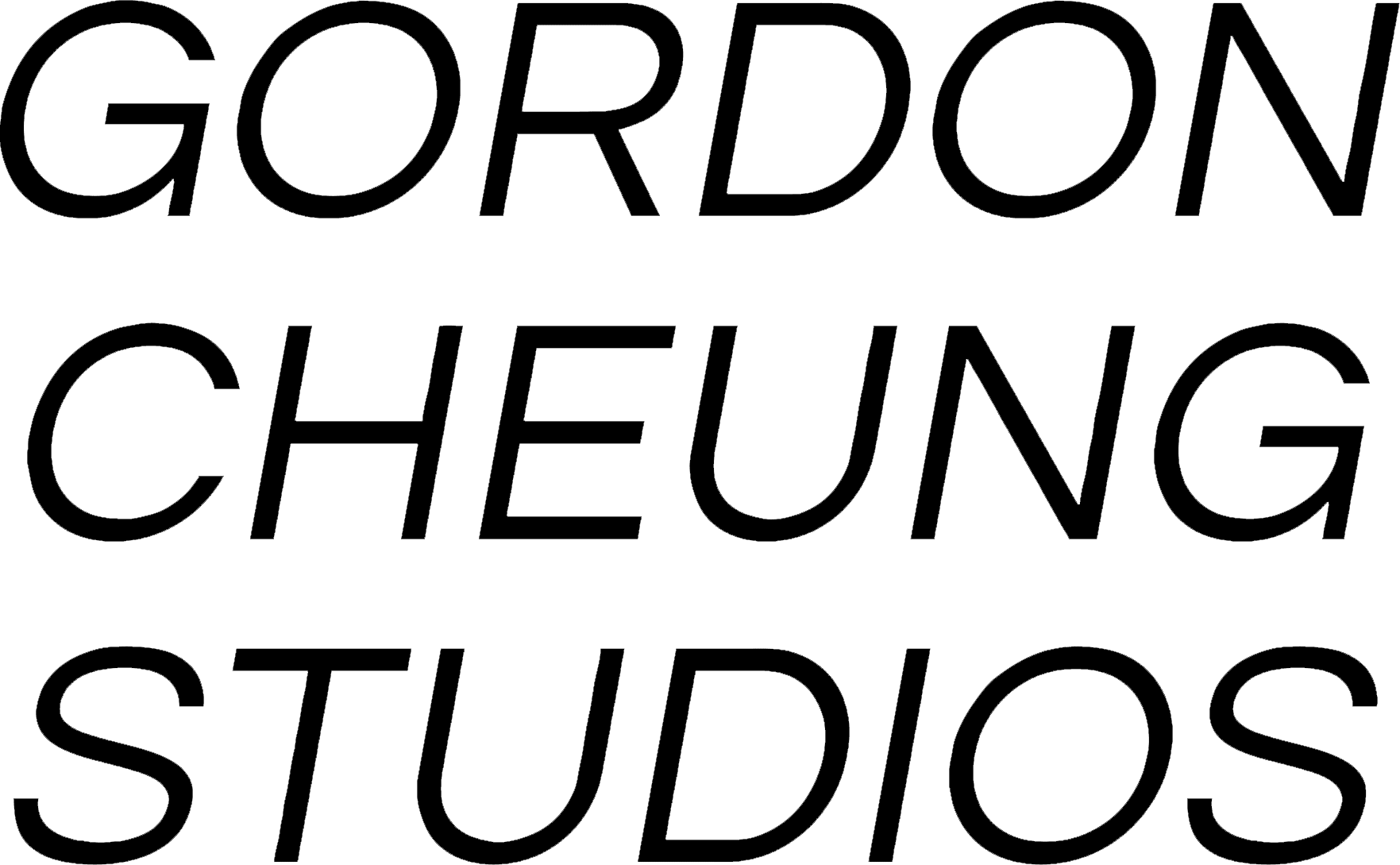“Essentially my paintings reflect the techno sublime, where information overwhelms the individual, causing a flickering perception of realities”, says Cheung, whose dazzling new paintings have mesmerised the judges at this year’s Jerwood Drawing Prize, Prospect Drawing prize and the BOC emerging artists award.
‘Hollow Sunsets’ are a way of seeing the world through the removed visions of cyberspace – a world that collapses culture and distance. Influenced by the revelations of his residencies in Japan, Pakistan and at the Chinese Arts Centre in Manchester, Cheung continually re-evaluates the idea of place and identity as challenged through globalisation. The resulting images reflect the fascinating contradictions and complexities of a world where Hello Kitty and Planet of the Apes merge with palm trees and housing blocks.
Gordon Cheung graduated from The Royal College, 2001. He is currently showing at the Liverpool Biennale and in the last two years Cheung has completed the ‘Diffuse Asia’, Kyoto Art Centre Residency, Japan, VASLResidency, Pakistan and Breathe Residency, Chinese Arts Centre, Manchester. In 2003 he received the Arts Council England International Art Award and the British Council International Arts Award and this year Cheung was a finalist in the Lexmark European Art Prize 2003, Pizza Express Prospects Prize 2004, BOC Award 2004 and Jerwood Drawing Prize 2004. Last year he showed in ‘Yes, I am a Long Way from Home’, Nunnery, London (inc catalogue), Toured: Wolverhampton Art Gallery, Herbert Read Gallery, Canterbury and Northern Gallery for Contemporary Art, Sunderland (with Peter Doig, Paul Morrison, George Shaw, and others), One Day’, Gallery Coridoor, Iceland, Perspectives’, Galerie Koch, Germany, Collage’, Bloomberg Space, London (with Chris Ofili, Frank Stella, Richard Prince, Robert Rauschenberg and others) Stray Show’, Chicago. He has also exhibited in many national exhibitions including Unscene’, Gasworks, London (inc catalogue), 2002, ‘CD1’, Marlborough Fine Arts, London (inc catalogue) 2001. Forthcoming exhibitions include ‘Thermo’ at The Lowry and a major solo show at the Chinese Arts Centre, Manchester in 2006.
“The rhythmic staccato of strips, slices and shreds of pink newsprint spilling across the surfaces of his images, creating vistas of pseudo landscapes, offer enduring evidence of the tortuously slow process of their genesis,..”Roy Exley, Textual Topographies, 2002
“The title (Colliderscape, by Gordon Cheung) hints at the multiple, hallucinatory visions induced by kaleidoscopes, but aggressively avoids such childlike harmony and beauty. The different representational systems at work in the painting – news media, share prices, photographic imagery, landscape traditions, psychological triggers, etc – make it complex, fractured artwork. This is the collision that the title refers to; a representational collision made urgent to Cheung during his residencies in Pakistan and Japan that influenced his combinations of saturated colours and soft black inks.David Barrett, Art Monthly, May 2004
Cheung makes a distinction between an information space, that he sees as integrally tied up with new technologies, and real space; that is synonymous with physical landscape and location. However, whilst drawing this distinction Cheung’s work suggests that this information space is rapidly forming new landscapes and possible worlds.
His move to collage came as a student looking for a new material with which to construct paintings without using paint. Whilst his compositions were often abstract Cheung still viewed them as landscapes, but ones that inhabited an imaginary place that was to him monumental. Over time Cheung identified his monumental abstract-landscapes as revolutionary places which depicted an ever expanding world of communication and invisible superstructures. The Financial Times listings, that had originally appealed to Cheung for their fleshy tones and dense uniform levels of information, now became a symbolic backdrop; a plane of numbers that symbolised a universal landscape, perhaps more real and significant than our own locale.
As a British citizen of Chinese decent , Cheung felt himself to be at once involved and detached from his landscape and community, experiencing a sense of displacement and alienation. This was not necessarily perceived by Cheung as a negative situation – at times he felt like he had the advantage of belonging to two cultures and yet at other times he felt that he failed to be a part of either. This ambivalence and ambiguity is reflected in the artists fictionalised landscapes, that flicker between euphoric hallucinations and nightmare visions.

